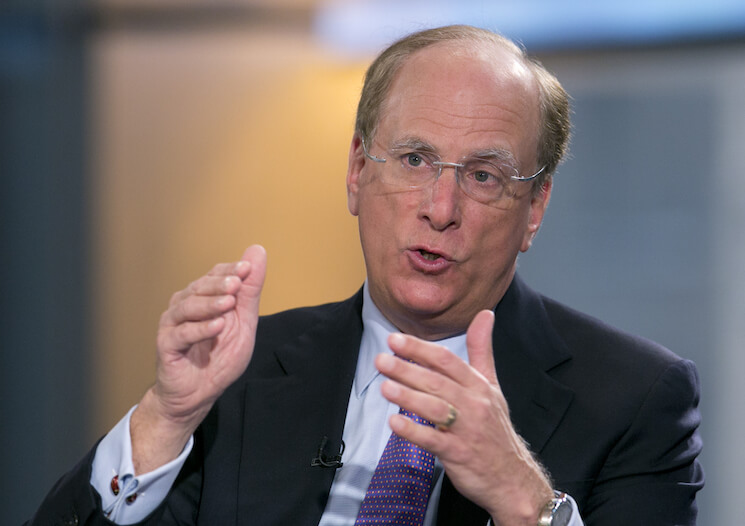Economic rents are rising, and it matters who receives them

The lack of competition in the U.S. economy is of growing concern to policymakers, if recent moves from the White House are any indication. While policymakers are still thinking through exactly how to spur competition, we should also think about some of the trends underlying the decrease in competition. In a newly released brief, the Council of Economic Advisers highlights how “common ownership” of companies through index funds and other funds by asset managers could affect competition. We shouldn’t focus just on the creation of economic rents through this channel, but also the distribution of these rents.
Take, for example, a recent column by Gretchen Morgenson of The New York Times about BlackRock, the asset management company, and how its stated goals about executive compensation compare to the company’s actual votes on compensation. The firm has been very willing—at a 96.2 percent rate to be exact—to back up management compensation plans despite its noted advocacy for long-term thinking.
As Morgenson notes, this is seemingly at conflict with BlackRock CEO Larry Fink’s call for focusing more on “creating value for long-term stockholders” instead of “tricks that reward short-term stock traders … like share buybacks purchased at high valuations.” But perhaps we should consider the debate as less about short-term vs. long-term and, as Matt Levine of Bloomberg View puts it, more as “a debate about who should allocate capital: Corporate managers, or investment managers.”
Now, here’s how that fits into both the creation of rents and their distribution as well. As markets become more concentrated and leading firms get more rents (in the form of excess profits), those rents have to go to someone. If we think of the debate in Levine’s terms, then the short-termism debate really becomes not just about the allocation of capital but the allocation of rents as well. If asset managers are more passive, then that will tend to empower executives who can increase their own compensation, especially in light of low top marginal tax rates. This kind of capital and rent allocation leads to increased executive pay as rents flow within a firm up the corporate ladder.
But in a more “short-term” world, rents may not be distributed within the firm but rather pushed out of it in an effort to “disgorge the cash.” We can see this actually happening with the increased share buybacks, which we can think of as sending higher rents out of the firm and to shareholders. Yet the increased share price would also benefit executives who are compensated in the form of stock options—they would just be benefiting as shareholders and not as executives.
These rents could also flow, of course, to other workers inside the firm. As firms have increased their market power, the rents they gained may be shared with their workers in some way. This rent sharing may be a key reason for the rise in inter-firm inequality, a major reason for the rise of income inequality as a number of papers have highlighted.
It’s obvious that all of these forms of rent distribution are happening in the United States and are all increasing, to varying extents. But while we don’t know which effects are most prominent, it’s clear that they all increase income inequality. With the decline in competitiveness also linked to a decline in business investment and weakness in the macroeconomy, it seems that busting up some modern-day trusts may not only fight inequality but help boost growth as well.
